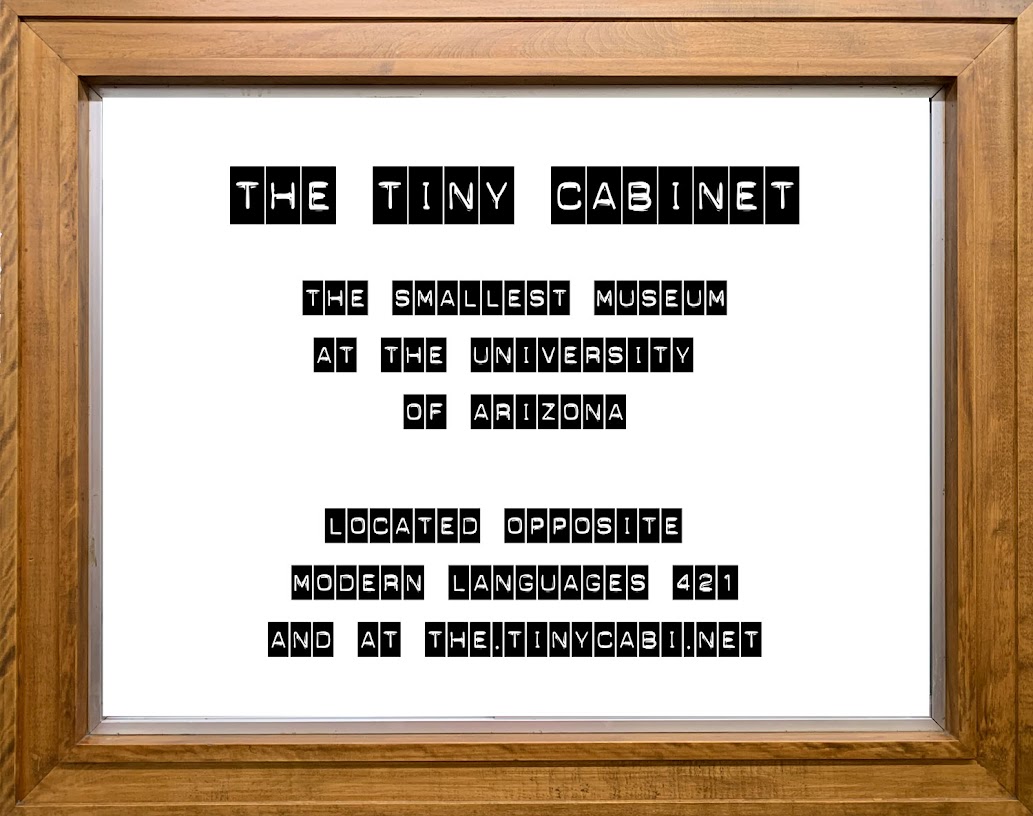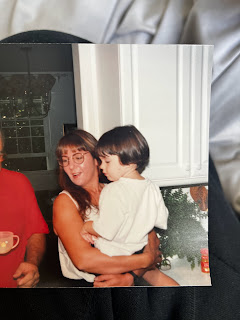LIVING POSTHUMOUSLY
By
Leah Mensch
A CREATIVE PROJECT SUBMITTED TO ANDER MONSON AND THE GHOST OF KATE BRAVERMAN IN PARTIAL FULFILLMENT OF THE REQUIREMENTS FOR THE TINY CABINET AND ANSWERING THE QUESTION WHY KATE BRAVERMAN MATTERS.
Preface
by
Leah Mensch
Call it 1986. Sonoma. North of Berkeley. Kate Braverman doesn’t even know why she’s here. She’d wanted to go to Stanford, or back to Berkeley, but time had run out to apply and enroll, and anywhere was better than Los Angeles. Two years earlier, unable to garner any interest in her second novel, she quit cocaine and drove upstate four hours on a whim, three weeks into August. Classes were to start in a week. Sonoma was the only university that would allow her to enroll in a master’s program so late into the summer.
Now, she’s finishing her master’s thesis, walking through abandoned stripmalls to keep her toddler distracted during spare hours—as if there really are any—chain smoking at her typewriter. She’s aching for Los Angeles, writing the preface of her thesis, though she’ll never say it aloud, never admit her enduring roots to the city that broke her heart. She’s driving taxis to pay her rent. Just outside the city lies an industry disguised as landscape: sprawling vineyards and carnal wines—though none of this matters because Braverman is sober. She lives her truth, or a version of her truth: Poetry must dare. It must take risks. It must be dangerous. Take it as you will. It’s the great love of her life (so is the poem, so is the syllable) and the thesis cares only about the love affair.
*
Kate Braverman wanted to disappear. She wrote an entire memoir grieving her inability to disappear, even though she already had, by then to some degree. But the disappearance was supposed to be a product of her own consent. She was supposed to find enough meaning to disappear, and inside the meaning, the means. Or so I thought.
I used to think I conducted this project with irony but I don’t anymore.
When she died in 2019, she left little behind, having destroyed much of her archive in the making slowly over the last twenty years of her life. Now, in northern California, in a lifelong friend’s study, there are many boxes. These boxes contain twelve authored mostly out of print books, correspondences, poems, two manuscripts, artwork, and recorded, digital, and analog material. Inside these boxes, is the circumference of Kate Braverman’s life.
And these boxes are supposed the answer the one question that has outlived her. The one question I can’t answer. The question of why she matters. And how could they?
She’s hardly there. I’m trying to find her.
*
I heckled the very nice Sonoma State librarian for weeks before I was able to get A scan of Braverman’s thesis. When I do finally have a copy in my hands, I am surprised to see that nearly all of the poems remained unpublished. I don’t think I am supposed to think Living Posthumously is the best thing she ever wrote—but I do.
They ask point blank, If the poem is above all / an act of innocence / What the hell / would you die for? They ask if a poem can be an aesthetic of destruction. (I am not supposed to answer, but I think yes, as you are looking at my own destruction of her master’s thesis). They ask about the erotics of time. These are not the questions that outlived her, but they are the questions I care about.
The poems demand you create your own lover, and imagine Braverman’s. Sometimes it’s Los Angeles, a man, a woman, the jacaranda trees, the poem. What it elicits more than the shape of a lover is the shape of betrayal and ambivalence, torment and obsession and earnestness. Relics of being inside the world, a prayer of the afterlife. And then the poems destroy and ask you in return, what saved your life.
Living Posthumously casts away the question of why poetry matters, why Kate Braverman matters, why anything matters, really. And the manuscript, the speaker, is a smattering of the voice which haunts her work beginning, middle, and, end. She wrote this early in her career, if you look at the circumference. I still think the voice is her ghost.
And I think the ghost says, take my words or leave them.
*
Dear Kate Braverman,
Is the library archive as it “should” function a myth? A “good” archivist fashions posthumous living through boxes: authored books, correspondences, unpublished poems, artwork, and recorded, digital, analog material. The traditional library archive can function as a tributary or a dam, depending on the researcher’s discretion. We can hold things, touch them, lift them, pretend they are ours. When they get too heavy, we can put them away and walk home and cook dinner and go to bed. A good archivist, in a traditional sense at least, does not talk to the dead.
I am not good. And I am not an archivist. I am not even a researcher.
*
Every person who has ever asked me why Kate Braverman matters is a person who has never explained to me why anything matters. They have, instead, handed me a poem, a story, an essay and said, “look.” When I haven’t seen what I needed to see to survive or understand or riff or grow, they’ve held my hand and said, “look again.”
I mean to say, nobody has ever been able to explain to me why something I care deeply for matters. I don’t know what the things I care deeply for “mean.” That’s why, I think, I read and write, or why the essay writes me.
A good professor once told me to fail boldly, and that art does not answer the unanswerable, but instead, begs what is thought to be unaskable. It might be suggested that I have taken their advice too extravagantly.
I mean to say, I can only tell you why Kate Braverman matters to me.
Because like me, like so many of us, she spent her whole life loving things as they disappeared, grieving things not yet dead, and now, she is dead. And what is left but to drink the sea?
She is living posthumously: somewhere on the Santa Monica Pier, sitting with a pen by the Echo Park lake, the apartment in a tiny alleyway in Silverlake, somewhere on Sepulveda Boulevard. The street is 43 miles long.
Braverman lived to corrupt the poem, and she lived to corrupt chronology and lineage, she lived to corrupt notions of class and home and gender landscape—on the line level, on the titular level, and beyond the text. I don’t think she lived for poems—even if she sometimes said so. I think rather, the existence of poetry enabled her existence. It allowed her to go on.
She is living posthumously, and so are you. And so am I.
*







